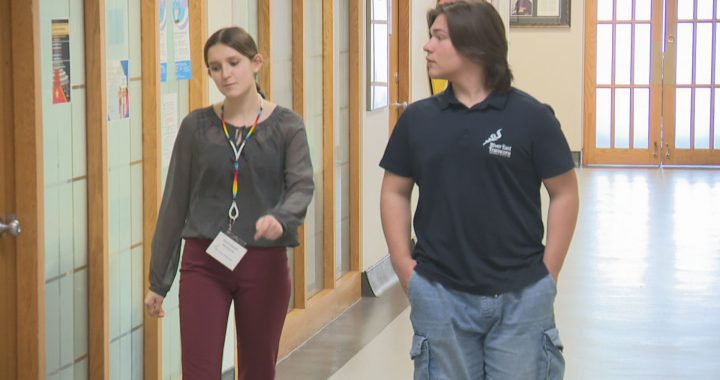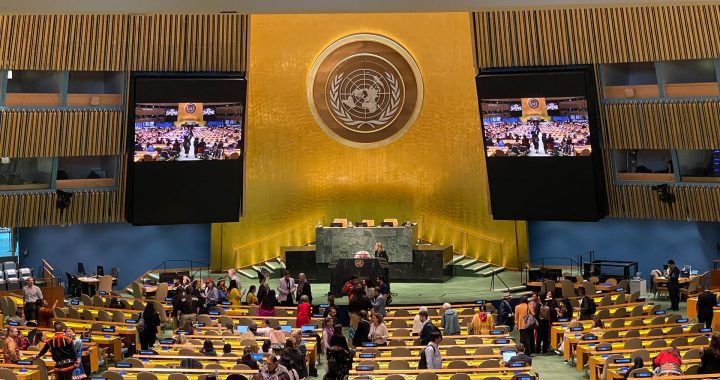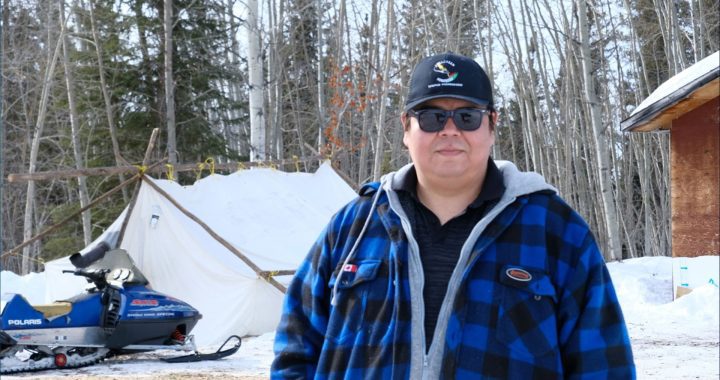Interaction with police services has been one of the most critical topics at this week’s hearings of the National Inquiry into Missing and Murdered Indigenous Women and Girls.
“I’ve heard multiple examples of how police perceived to have failed and, in many cases, continue to fail Indigenous people in this country,” said Katrina Swan of the Saskatchewan Association of Chiefs of Police (SACP).
Swan is the first of only a few parties with standing to represent police services in this week’s hearings in Calgary.
Swan said the SACP, which represents 12 municipal police forces, has been taking note of issues arising within the inquiry.
“Contact with the family is a critical part of the investigative process. I would love to stand before you today and say we get it right all the time,” she said.
“But, as you’ve heard, as often as we get it right or think we get it right, we’re being told that we missed the mark. Police need to work harder at ensuring there is an open relationship and communication between the parties.”
Charlene Belleau of the Esketemc First Nation in British Columbia represents the First Nations Health Council.
She shared stories of missing and murdered women from her community and how cultural protocols are used as an alternative to the RCMP or justice system.
“The victims of violence feel they lose their voice in the criminal justice system,” she said.
“We wanted to be able to give them a voice through these protocols.”
The traditional and ceremonial approach seems to be more effective, Belleau added.
“When we have our healing circles they do acknowledge the behaviour, and they do acknowledge having perpetrated those crimes.”
It also works faster.
“We feel a responsibility that we can help these families that we don’t have to wait for the RCMP or police services or search and rescue,” Belleau said.
“We can do things on our own and we should be doing what we can for these families.”
Swan said while there are things police services need to work on, in Saskatchewan the SACP has been improving.
“Police are involved in initiatives designed to address the root causes of vulnerability and marginalization of indigenous women and girls,” she said.
“(They’re) becoming more involved in restorative justice efforts and are working collaboratively with community partners.”









